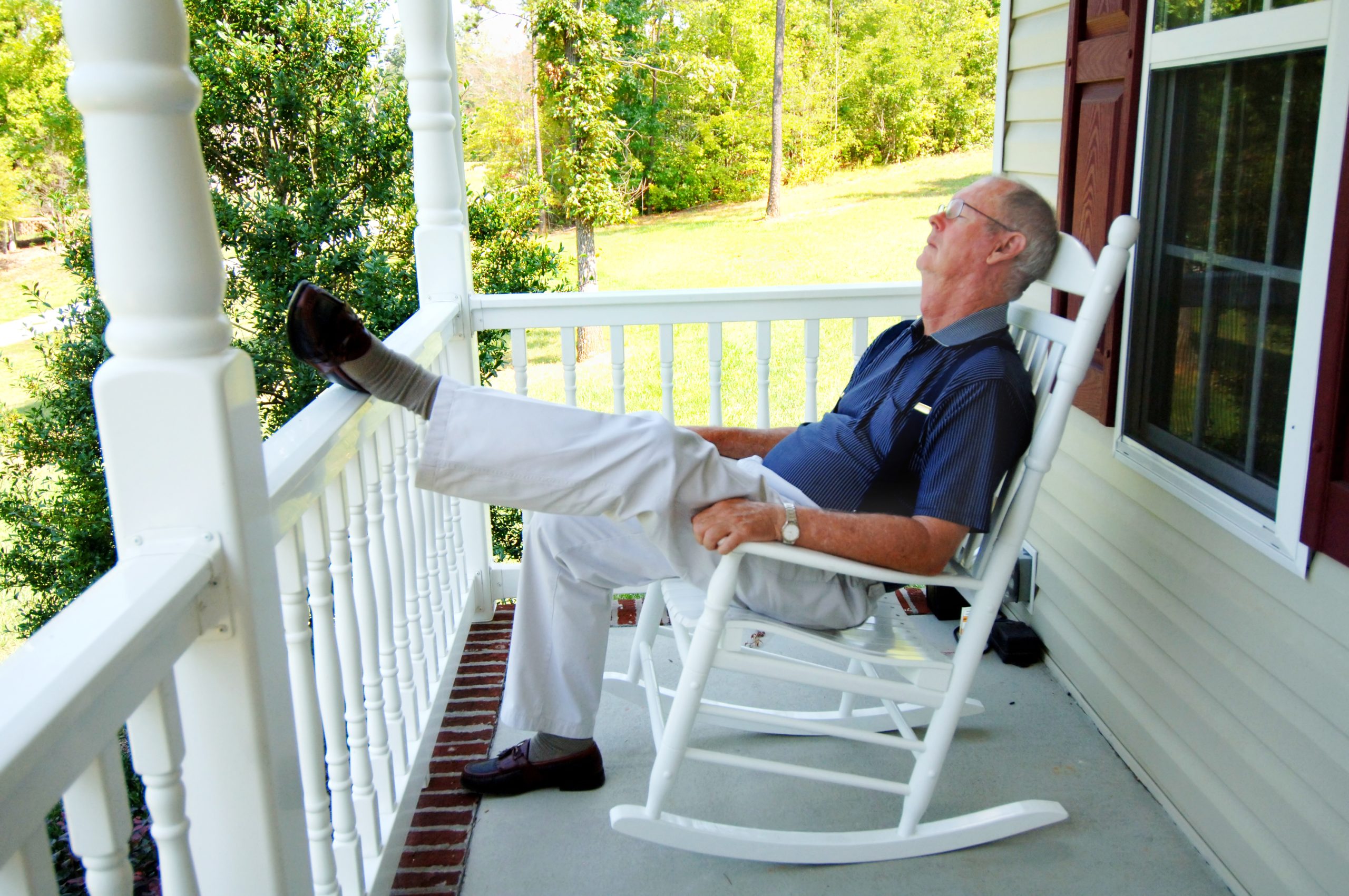As individuals age, it is common for them to experience a decline in physical and mental health, which can impact their ability to carry out daily activities. While many seniors are able to live independently well into their golden years, there may come a time when assisted living becomes a consideration. But when exactly is the right time to make the move to assisted living?
Assisted living facilities are designed to provide seniors with assistance and support with activities of daily living (ADLs) such as bathing, dressing, and medication management. Additionally, assisted living communities offer social activities, meal services, transportation, and other amenities to enhance the quality of life for seniors.
One factor to consider when determining if it is time to move to assisted living is the ability to complete ADLs without assistance. If an individual has difficulty with tasks such as bathing, dressing, or using the restroom, it may be time to seek assistance. Additionally, assisted living can provide much-needed relief if an individual cannot keep up with household tasks such as cooking, cleaning, or laundry.
Another factor to consider is safety. Seniors who are at risk of falls, wandering, or other accidents may benefit from the additional safety measures that assisted living communities provide. In addition, seniors with cognitive decline or memory loss may be at risk of leaving the stove on or forgetting to take medication, which can be dangerous. Assisted living communities can provide supervision and support to mitigate these risks.
Social isolation can also be a concern for seniors living alone. Assisted living communities offer opportunities for socialization and engagement with peers, which can improve mental health and overall well-being.
Lastly, it is important to consider the availability of caregiving support. Family members or other caregivers may be unable to provide the level of care a senior requires as their needs become more complex. Assisted living can provide professional, around-the-clock care to ensure seniors receive the support they need.
In conclusion, there is no one-size-fits-all answer to when assisted living should be considered. However, when seniors are having difficulty completing ADLs, are at risk of falls or other accidents, are experiencing social isolation, and when caregiving support is limited, assisted living should be considered. By making the move to an assisted living community, seniors can receive the support they need to maintain their independence, safety, and quality of life.

